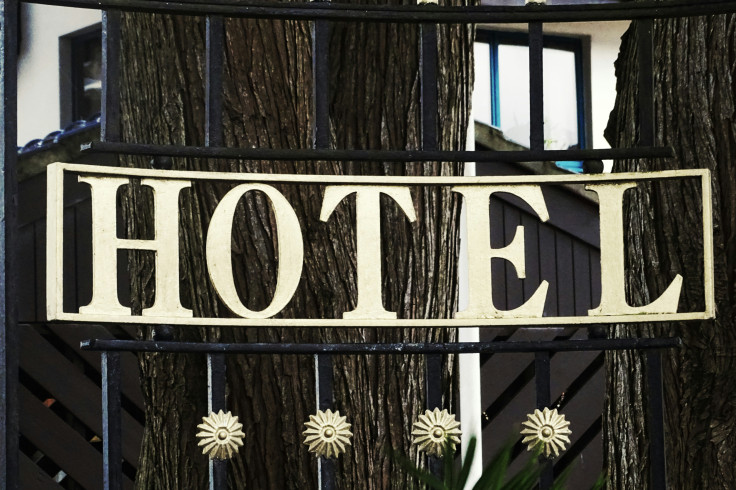Hotels Assylum Seekers Accommodation Scandal: The Shocking Cost Britain Doesn't Want You to See
Over 32,000 asylum seekers still housed in 210 UK hotels

The UK government is under growing fire over the spiralling cost of housing asylum seekers in hotels, with fresh figures showing £1.3 billion spent on temporary accommodation in the past year alone.
Despite repeated promises to cut reliance on hotels, official Home Office data shows that as of June 2025, 32,000 asylum seekers remain spread across around 210 hotels nationwide. At the peak of the crisis, more than 400 hotels were in use.
The soaring costs have sparked protests, legal battles and fierce debate over who is profiting from what critics have branded an 'accommodation scandal'.
Record Spending On Hotels
According to the BBC, the latest Home Office statistics revealed an 8 per cent rise in the number of asylum seekers in hotels compared with the previous year. Accommodation now represents the single largest asylum-related expense for the government.
The £1.3 billion bill has prompted accusations of mismanagement, with critics arguing that the money should have been used to develop long-term housing rather than short-term rooms, particularly during a wider cost-of-living crisis.
Legal And Political Battles
The row intensified when the High Court blocked the government from using the Bell Hotel in Epping for asylum housing, citing planning breaches. The Home Office is appealing the ruling, insisting closures must be managed in an 'orderly' fashion.
Earlier this year, Chancellor Rachel Reeves pledged to phase out the use of hotels by 2029. But pressure is mounting from Reform UK, opposition MPs and even Conservative councils, who say action must be taken far sooner.
Who Profits From Asylum Hotels?
The controversy has also raised questions over who is cashing in on the lucrative hotel contracts. Major hotel chains and private contractors have secured multi-million-pound deals, while local taxpayers and councils are left to shoulder the strain.
Campaigners accuse ministers of a lack of transparency in the procurement process, with few details made public about how contracts are awarded. Some councils argue the deals offer poor value for money.
Protests And Backlash
The financial burden has fuelled unrest across the country. At least 26 hotels in cities including Liverpool, Bristol, Newcastle, Aberdeen and Wakefield have been targeted by angry demonstrations.
Far-right groups such as the Homeland Party have been linked to organising protests online, while counter-demonstrations from local residents and anti-racism campaigners have often led to tense stand-offs. Police have been deployed outside hotels amid rising clashes.
Record Asylum Claims Driving Crisis
The crisis is being compounded by record asylum applications. More than 111,000 claims were lodged in the year to June 2025, creating massive backlogs and leaving thousands waiting months or even years for decisions.
In London, the reliance on hotels is particularly acute, with 65 per cent of asylum seekers still in temporary accommodation at the end of 2024.
Councils And Communities Push Back
Councils across the UK are increasingly turning to the courts to block hotel conversions. In Stanwell, near Heathrow, residents protested against plans to house asylum seekers in the Stanwell Hotel, citing fears over crime, intimidation and the loss of community spaces.
Local leaders are demanding greater consultation and more funding from central government, calling for investment in purpose-built asylum accommodation centres. Many argue hotels are not only financially unsustainable but also socially divisive.
© Copyright IBTimes 2025. All rights reserved.





















